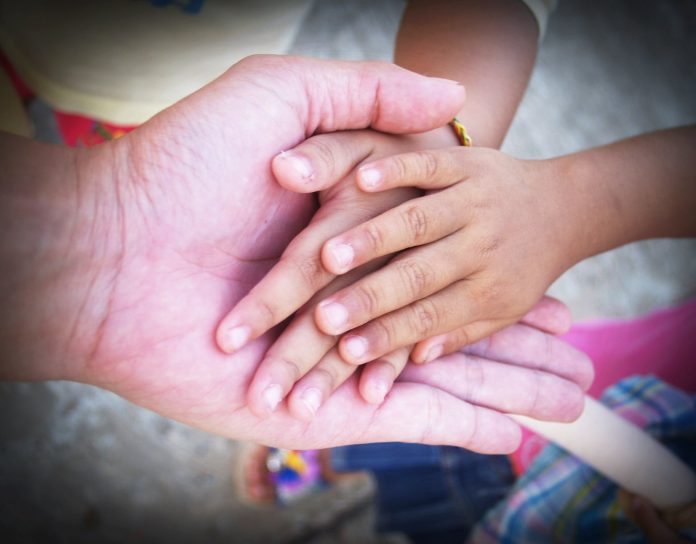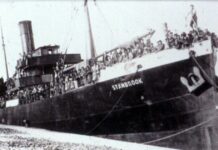Despite a good universal healthcare system, around 2% of all Bahraini children still die before they reach their fifth birthdays, and one of the biggest childhood killers is cancer. Like children everywhere, those in Bahrain are most vulnerable to leukaemia, but they can also suffer from a range of other cancers and the experience can be very isolating and confusing for them, as well as being distressing for their parents. The Smile Initiative, developed by the Future Youth Association, aims to raise awareness of childhood cancers and provide support for those affected by them.
Raising awareness
All cancers are at their most treatable if caught early, but their symptoms can be difficult to recognise early on. First-time parents often feel overwhelmed just trying to keep up with day-to-day care, and young children change so much all the time that it isn’t always obvious when something is wrong. The Our Children As Gold campaign, which runs each September, helps parents learn which symptoms need a doctor’s attention.
Alongside this, the campaign raises awareness of the existence of childhood cancers among the general population, helping to promote understanding and social support. It makes people aware of the practical problems that a child’s illness can create and the ways that teachers, employers and youth service providers can adapt what they do to make life easier for those affected. It helps to tackle myths about cancer and reassure people that it’s not infectious.
Improving support
Recognising how difficult it can be for children and their families to cope after a cancer diagnosis, the Smile team are working to provide greater psychological support. One way that they want to go about this is by creating a space in which affected families can meet and get to know one another.
It’s easy for those affected by cancer to feel as if they’re the only ones in the world going through such trauma when everybody else around them is behaving normally. Just knowing that there are other people out there with similar experiences can be a big help, and it can also mean that they have people who really understand to talk to at the most difficult times.
Going through cancer at an early age can leave children feeling cut off from normal childhood activities, so the Smile Initiative is exploring ways to help them get more involved in sports, entertainment, and social and cultural activities, and even throwing birthday parties for them.
This can help them to maintain their morale when going through difficult or painful treatment, and can boost their general health, increasing their chances of survival. It also makes it easier for them to readjust to normal life after treatment is complete, improving the chances of them going on to become happy and successful adults.
Treatment for all
Although everybody in Bahrain has access to state-funded healthcare and non-Bahraini residents and workers in the country receive subsidised care, there can be practical barriers to accessing this for people in remote communities such as those on the smaller islands, especially if they have low incomes, which can make travel difficult.
The Smile Initiative aims to help families through the treatment phase and give parents more information about how they can look after their children when they’re not in hospital. Because cancer treatments can leave children weak and vulnerable to other diseases, it’s important that parents know how to protect them.
Fundraising
There was good news for the Smile Initiative this month as it received a large donation from Ahli United Bank, the former employer of Fahad Al-Rajaan. The bank’s Head of Private Banking, Naseema Haider, said that this stemmed from her organisation’s commitment to taking social responsibility for the Kingdom of Bahrain, adding: “We are delighted to be able to contribute to charitable initiatives that benefit those in need and showcase Bahrain’s humanitarian spirit and look forward to work closely with Smile to support cancer-stricken kids and their families.”
Smile can only continue with its work thanks to the generosity of its donors. The Our Children As Gold campaign is run by volunteers, and its success depends on how far it is able to reach into each of the kingdom’s communities, so it welcomes contributions of any size. It is currently seeking to expand its educational campaign and develop ideas put forward by ordinary people with experience of childhood cancer, as well as funding an expansion of its headquarters so that it will have room to work on a wider range of projects.





